eric-griz - Mar 27, 2008 9:42 pm - Hasn't voted
The Hard LifeI often times find myself contemplating what life was like for the old "Mountain Men". While I like to think of myself and self-reliant and tough, I wonder if I would be able to survive that lifestyle. Difficult, yet beautiful at the same time.
jacobsmith - May 21, 2013 3:34 am - Hasn't voted
Interesting Sentiment,But i am going to have to disagree.
Your basic idea, that the pre-existance of subsistence lifestyles invalidates the authenticity of the contemporary wilderness experience, makes several false assumptions.
Firstly, the pre-existance of subsistence lifestyles at all. There are many regions of the world where no one has ever lived; some are very remote and rugged, like the Patagonian ice cap, others are not, like the high alpine regions of the North Cascades.
Secondly, only in some cases are contemporary wilderness experiences dependent on the "mountain men" who came before. In much of the lower 48, this is certainly the case, outside of this region, say in the Cirque of the Unclimbables, it is not.
Thirdly, as for your comment "There are no philosophers with empty stomachs," it is simply not true. This kind of anti-intellectual nonsense is usually little more than an excuse to justify one's own ignorance, as if philosophy was somehow divorces from and irrelevant to the problems of real life, which it most certainly is not. Many great thinkers were less than wealthy, and while most had some education, and therefore were not quite at the subsistence level, few derived their philosophizing from a lack of anything better to do, as your statement implies.
Finally, regarding your assertion that it would be arrogant to think we deserve a wilderness experience, i feel that not only is your justification flawed, as i have shown, but the opposite can easily be demonstrated. We as humans are evolved to live in the wilderness. urban life is an artificial construct that fails to satisfy human needs on almost every level; it is a product of overpopulation and, i believe, a transitory state before an eventual collapse and reversion to the more primal, original, lifestyles. Therefore, regardless of how you feel about the Victorian-era mountain explorers and the trappers and the like who came before them, we can claim, as our birthright, the wilderness experience. we are owed it by virtue of being human.
jdmorehouse - May 22, 2013 12:01 am - Voted 10/10
Forget?Never. It's always a deep commitment. The planet is dying, and I'm trying to get "out there" as much as I can (I'm 63), and I've always been doing that. And that doesn't change the fact that it's going away, faster and faster. I take nothing for granted anymore. Wild? Is it really any more? Wilder than a Walmart parking lot, but I'm not complaining. I can still get there. Beautiful post.
desainme - May 24, 2013 7:08 pm - Voted 10/10
The North Pond Hermitwas livin the dream/ or other folks nightmares-he walked into the forest and never saw anybody for 27 years. He did raid the summer camps around North Pond for food and propane tanks and sheltered in a couple of sleeping bags beneath a tarpl. He was reintroduced to society last month.


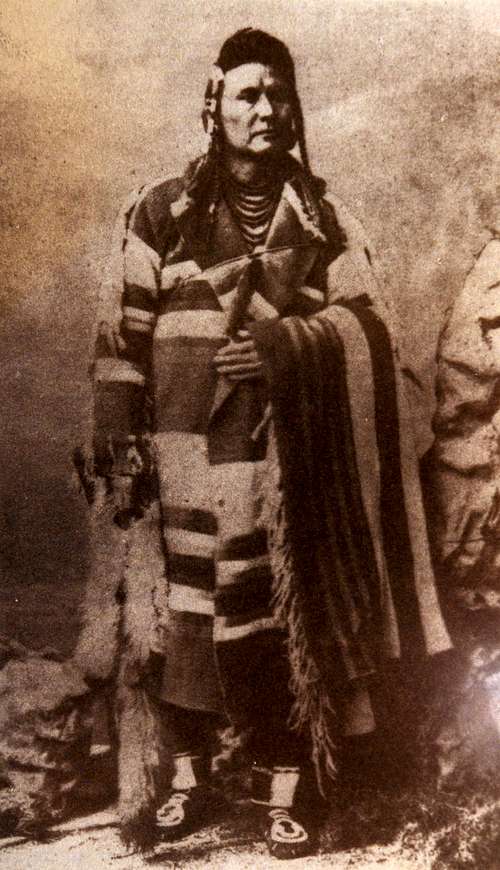
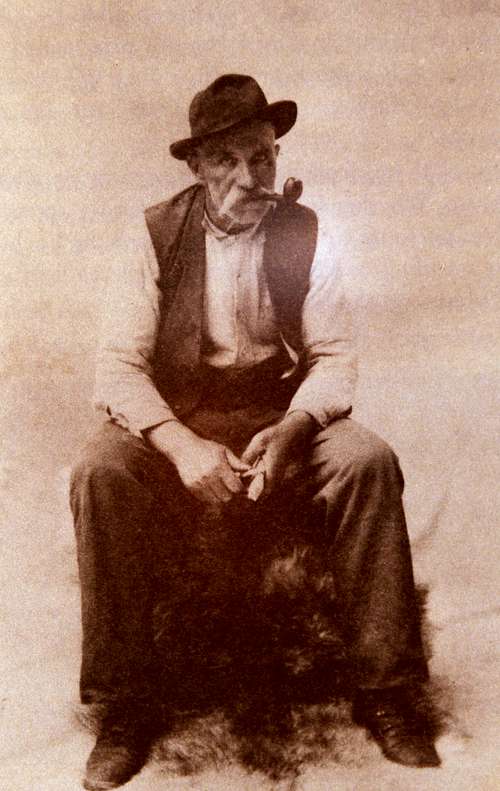
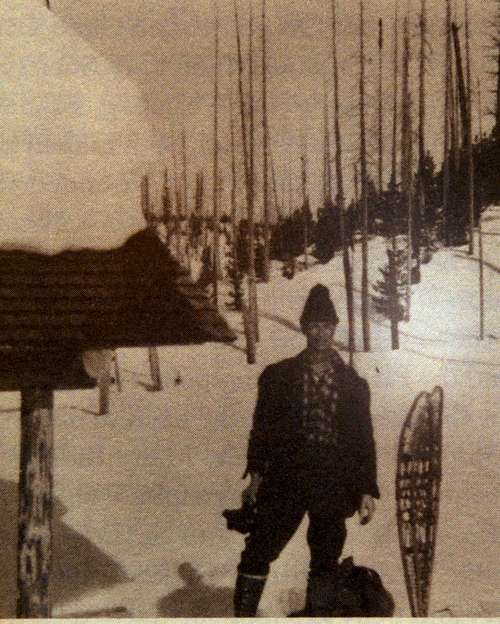
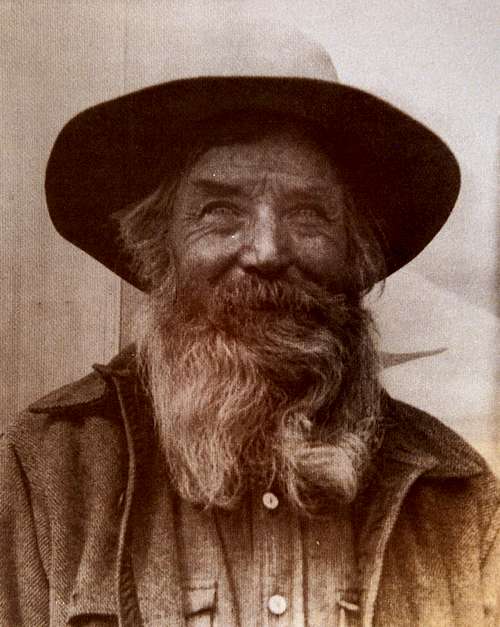
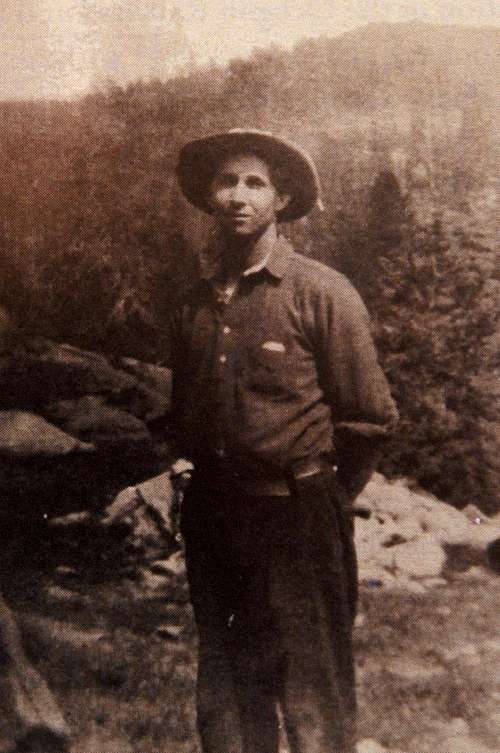
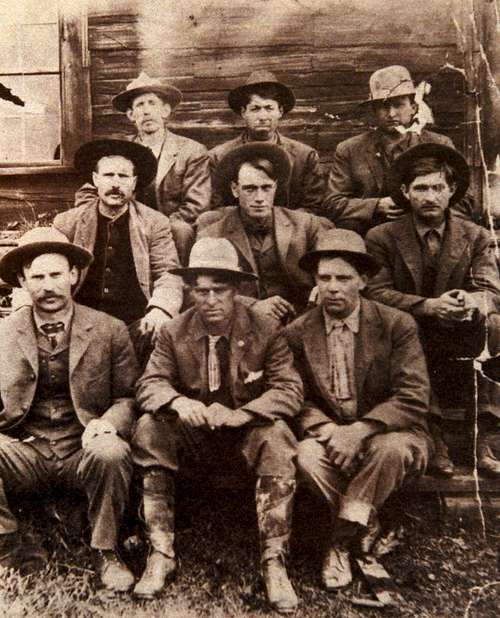
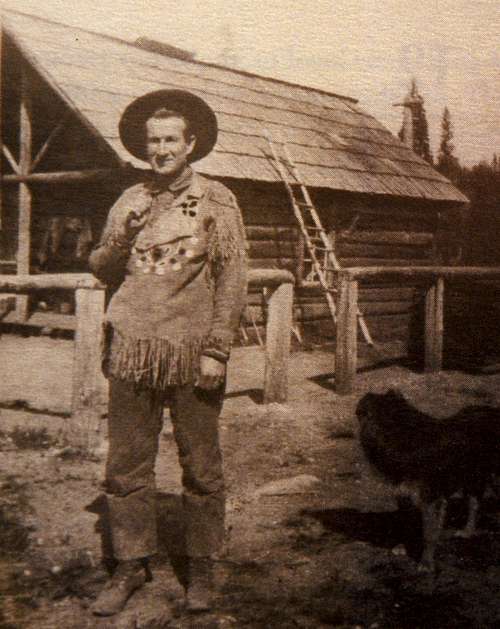

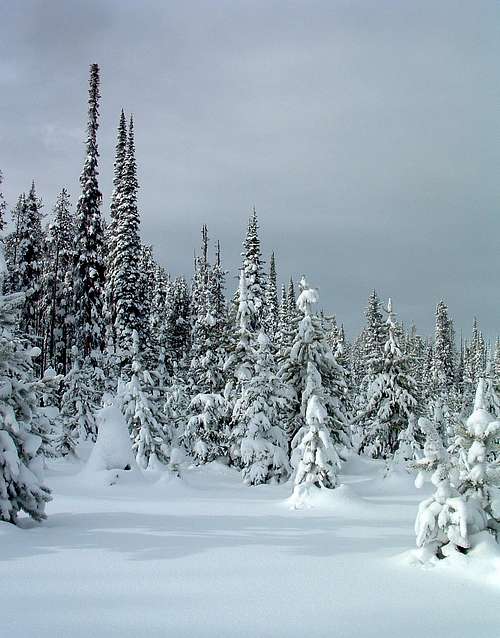
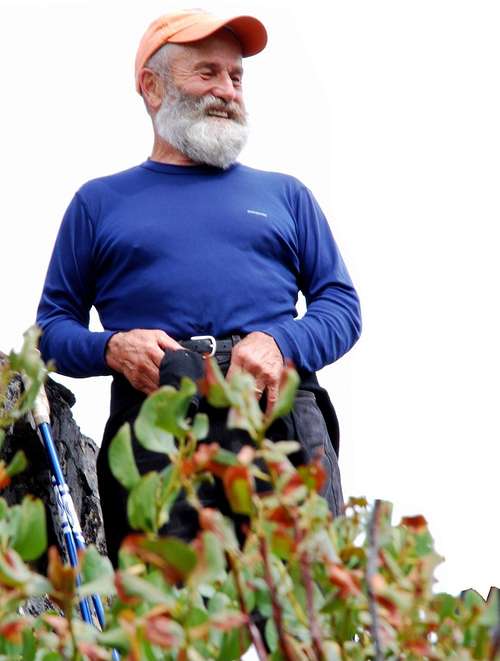
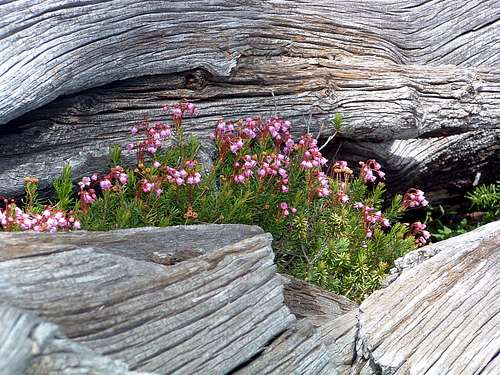




Comments
Post a Comment